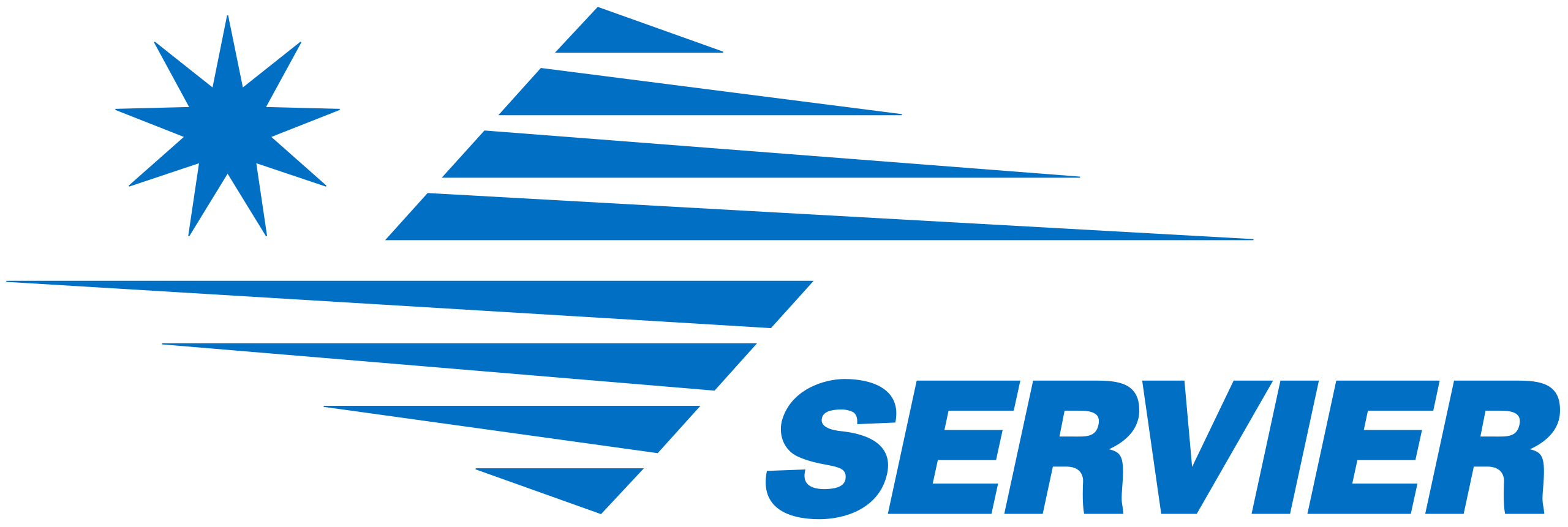Go back to trials list
Anti-Viral Central Memory CD8 Veto Cells in Haploidentical Hematopoietic Stem Cell Transplantation
Description
This phase I/II trial studies how well cytokine-treated veto cells work in treating patients with hematologic malignancies following stem cell transplant. Giving chemotherapy and total-body irradiation before a stem cell transplant helps stop the growth of cells in the bone marrow, including normal blood-forming cells (stem cells) and cancer cells. When the healthy stem cells from a donor are infused into the patient, they may help the patient's bone marrow make stem cells, red blood cells, white blood cells, and platelets. Cytokine-treated veto cells may help the transplanted donor cells to develop and grow in recipients without causing graft-versus-host-disease (GVHD - when transplanted donor tissue attacks the tissues of the recipient's body).PRIMARY OBJECTIVE: I. To determine the optimal dose of anti-viral veto cells, defined as the dose which achieves engraftment without severe graft-vs-host disease (GVHD) at 42 days after non-myeloablative megadose T cell depleted haploidentical
Trial Eligibility
Patient Inclusion Criteria: * Age 12-75 years. The first 3 subjects will be 18 years of age to gain experience and observe safety. After 3 adult subjects have successfully engrafted and if the safety profile is tolerable, adolescents age 12 may be enrolled on to the trial * Patients with a diagnosis either follicular lymphoma (FL), mantle cell lymphoma (MCL), chronic lymphocytic leukemia (CLL), multiple myeloma (MM), Hodgkin's lymphoma (HL), non-Hodgkin's lymphoma (NHL), chronic myeloid leukemia (CML), myelodysplastic syndrome, myeloproliferative syndromes (MPD), acute myeloid leukemia (AML) or acute lymphoid leukemia (ALL). * Patients with aplastic anemia and severe immune deficiency or nonmalignant bone marrow failure states. Patients with severe thalassemia requiring regular blood transfusions or sickle cell disease with severe clinical features (these include any clinically significant sickle genotype, for example, hemoglobin SS (Hb SS), hemoglobin SC (Hb SC), hemoglobin S beta thalassemia (Hb Sbeta), or Hemoglobin S-OArab genotype\] with at least one of the following manifestations: * Clinically significant neurologic event (stroke) or neurological deficit lasting \> 24 hours; * History of two or more episodes of acute chest syndrome (ACS) in the 2-year period preceding enrollment or referral despite adequate supportive care measures (i.e. asthma therapy); * An average of three or more pain crises per year in the 2-year period preceding enrollment or referral (required intravenous pain management in the outpatient or inpatient hospital setting); * Administration of regular red blood cell (RBC) transfusion therapy, defined as 8 or more transfusion events per year (in the 12 months before enrollment) to prevent vaso-occlusive clinical complications (i.e. pain, stroke, or acute chest syndrome); * An echocardiographic finding of tricuspid valve regurgitant jet (TRJ) velocity \>= 2.7 m/sec. * Ongoing high impact1 chronic pain on a majority of days per month for \>= 6 months as defined as ONE or more of the following: Chronic pain without contributory sickle cell disease (SCD) complications2, OR mixed pain type in which chronic pain is occurring at site(s) (arms, back, chest, or abdominal pain) unrelated to any sites associated with contributory SCD complications2 (e.g. leg ulcers and/or avascular necrosis) * Patients with hematological malignancies must have had persistent or progressive disease despite initial chemotherapy and must have achieved stable disease or a partial or complete response to their most recent chemotherapy. Patients with low bulk or indolent relapse are eligible without additional treatment. Patients with high-risk acute myeloid leukemia by European LeukemiaNet (ELN) criteria in first remission are eligible. * Availability of a medically acceptable haploidentical related donor, age 12-70 years. * Karnofsky performance status \>= 70%. * Left ventricular ejection fraction of at least 40%. * Pulmonary function test (PFT) demonstrating an adjusted diffusion capacity of least 50% predicted value for hemoglobin concentration. * Serum creatinine =\< 1.5 mg/dl. * Serum glutamic-pyruvic transaminase (SGPT) =\< 200 IU/ml. * Bilirubin \< 1.5 mg/dl (unless Gilbert's syndrome). * Negative pregnancy test in a woman with childbearing potential. Patient Exclusion Criteria: * Human immune deficiency virus (HIV) seropositive. * Uncontrolled infection or serious medical or psychiatric condition that would limit tolerance to the protocol treatment. * Active central nervous system (CNS) malignancy. * Availability of medically eligible, human leukocyte antigen (HLA)-matched related stem cell donor. Donor Inclusion Criteria * Medically acceptable haploidentical donor age 12-70 years. * Hemoglobin \> 12.0 g/dL \[female\] or \> 13.0 g/dL \[male\] or \> 11.0 g/dL for females of childbearing potential with documented iron deficiency anemia * Platelet count 150, 0000/ul * WBC 3.0 - 11.0 K/ul * No anomalies on CBC and differential indicating a hematopoietic disorder * Negative pregnancy test for women of childbearing potential; Not lactating * Systolic blood pressure \< 170 mmHg and Diastolic blood pressure \< 95 mmHg * Performance status KPS \> 70% * CXR negative for active infection or malignancy * EKG not suggestive of uncontrolled cardiac disease * No known allergy to cytokines if cytokines are to be used. * No active or uncontrolled autoimmune disorders * Completion and signature of donor questionnaire (within 30 days) * Donor infectious disease panel and health assessment performed by attending physician Donor Exclusion Criteria * Individuals with cognitive impairments and/or any serious unstable pre-existing condition or psychiatric disorder that can interfere with safety or without obtaining informed consent or compliance with study procedures.
Study Info
Organization
M.D. Anderson Cancer Center
Primary Outcome
Optimal dose of donor-derived cytokine-treated veto cells
Interventions
Locations Recruiting
M D Anderson Cancer Center
United States, Texas, Houston
Interested in joining this trial?
Our dedicated patient navigators are here to support you by reviewing the eligibility criteria to see if you might qualify for this trial.
Get the Latest Acute Myeloid Leukemia Updates, Delivered to You.
By subscribing to the Healthtree newsletter, you'll receive the latest research, treatment updates, and expert insights to help you navigate your health.
Thanks to our HealthTree Community for Acute Myeloid Leukemia Sponsors:




